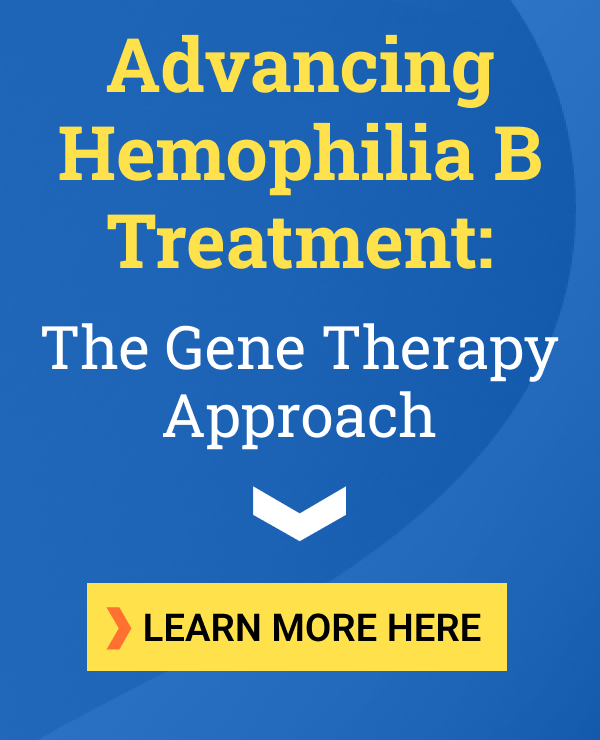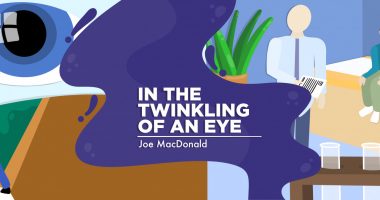‘Reverse Vaccination’ May Help Prevent Immune Response

A newly designed platform based on the principle of “reverse vaccination” could be used to prevent the development of an immune response that blocks the effectiveness of treatments for hemophilia and other disorders.
“For nearly a third of patients with hemophilia A … their own immune system is their greatest obstacle to treatment,” University at Buffalo (UB) researchers said in a UB press release.
This reverse vaccination platform could level that hurdle, the team said.
The new technology was described in the study “Rational design of a nanoparticle platform for oral prophylactic immunotherapy to prevent immunogenicity of therapeutic proteins,” published in the journal Scientific Reports.
One of the standard treatment strategies for hemophilia is replacement therapy, which consists of administering a version of the clotting protein that is missing or is defective in hemophilia patients. Although replacement therapy is effective at preventing bleeding, it also carries the risk of setting off the immune system.
Since replacement therapies are, by definition, introducing something that is foreign into the body, the immune system can mistake the medicine for an external threat.
This ultimately leads to the production of antibodies, called inhibitors, which block the activity of replacement therapies, potentially rendering them ineffective. Antibodies that block the activity of medicines also are a major problem for the treatment of other conditions like Pompe disease, for which this platform is also being developed.
“The safety and effectiveness of several life-saving therapeutic drugs are compromised by anti-drug antibodies,” said Sathy Balu-Iyer, PhD, associate dean for research in the UB School of Pharmacy and Pharmaceutical Sciences and co-author of the study.
“Once antibodies develop, clinical options available for patients become expensive and, in several cases, ineffective,” Balu-Iyer said.
As such, Balu-Iyer and his colleagues set out to create a new platform that could be used to induce immune tolerance against these life-saving therapies.
Tolerance is the process by which immune cells recognize substances and other cells as being part of the body. In essence, the goal of the therapy was to “teach” the immune system to ignore the therapy as being something foreign and potentially harmful, so as to not trigger an immune response — sort of a reverse vaccination.
“Instead of attempting to reverse the anti-drug antibodies, which is highly challenging, clinical treatments that prevent antibody development may be a more effective strategy,” said Nhan Hanh Nguyen, a graduate student at UB and the study’s first author.
To do this, researchers created tiny particles, or nanoparticles, that contain the medication of interest alongside lysophosphatidylserine, or Lyso-PS, a fatty acid that promotes immune tolerance.
These nanoparticles were designed to be taken by mouth. They can protect their cargo through the harsh acidic environment of the stomach and reach the small intestine. There, the particles are taken up by specific immune cells that are important for generating tolerance. That, in turn, sets in motion other immunological processes that promote immune tolerance, such as the creation of regulatory immune cells like Tregs. Regulatory T cells — dubbed Tregs — are a specialized subpopulation of T cells that act to suppress an immune response.
“Our approach is based on the rationale that pre-exposure of a protein in the presence of Lyso-PS teaches the immune system not to mount a response,” Nguyen said.
After doing a number of tests to confirm that their nanoparticles worked as expected, the researchers tested them in mouse models of relevant treatments. In mice treated with factor VIII (FVIII) products, which are used as replacement therapies for hemophilia A, pretreatment with the nanoparticles dramatically reduced the production of FVIII blockers.
“Notably, anti-FVIII inhibitors were not detectable in 75% of the mice pre-treated with Lyso-PS-FVIII,” the researchers wrote.
Nanoparticle treatment also lowered the levels of antibodies directed against treatments for Pompe disease in a different mouse model.
Collectively, the researchers concluded, this new platform is “an attractive and promising approach to prevent and possibly reverse [immune responses against] a broad range of life-saving protein therapies, autoimmune diseases, and allergies.”








